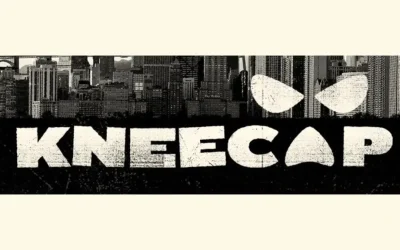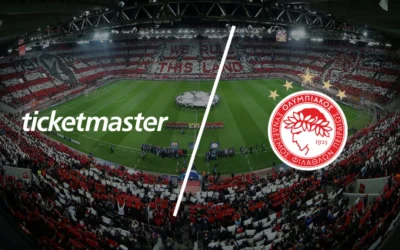Compelling football matchups in sold-out stadiums on crisp fall Saturdays. That yearly date with a traditional rival. Basketball conference tournament showdowns that light the fuse for March madness. It’s what college sports fans live for. Lately, the shifting alliances of college teams and conferences have left those fans’ heads spinning and ticket brokers wondering what the future holds.
Schools and conferences are scrambling to the take advantage of the billion-dollar contracts television networks are offering. With the leagues changing, some rivalries are disappearing, while new games are on the horizon. In the past month, Texas A&M said it will abandon one football-mad league, the Big 12, to join another, the Southeastern Conference. Texas and Oklahoma may bolt the Big 12, too. Fans and commentators are still getting used to saying Pac-12 instead of Pac-10. Traditional basketball powers Syracuse and Pittsburgh will leave the Big East to join the hoops-rich Atlantic Coast Conference. Each day seems to bring news of a school’s move and a rival’s counter-move.
“It’s kind of like a dance,” Syracuse basketball coach Jim Boeheim said last week in a speech to the Monday Morning Quarterback Club in Birmingham, AL. “You don’t want to be the one standing up at the end with no chair to sit in.”
Ticket brokers don’t want to be left out, either. And while some lament the loss of rivalry games — A&M vs. Texas, played since 1915 and a Thanksgiving weekend tradition, is likely doomed after this year — there’s now the allure of new matchups, new markets and new fans.
“From a negative perspective it’s tough to lose these games people love,” Zach Anderson, chief operating officer of Texas-based TicketCity, told TicketNews. “The A&M game is one of those games. But initially, I think people might be more excited about potential new games.”
One of those comes this Saturday, October 1, when former Big 12 member Nebraska comes to Camp Randall Stadium in Madison, Wis., to play Wisconsin in the Cornhuskers’ first-ever Big Ten game.
“There’s unprecedented interest for a regular season Wisconsin game,” said Jim Bryce Jr. of Ticket King in Wisconsin.
Husker fans traditionally travel well, and that’s helping drive the demand. “It’s Husker fans, [Wisconsin] Badger fans, everybody at this point,” said Mike Olsberger of Ticket Connection in Milwaukee.
Anderson sees an initial honeymoon period for these new meetings. He’s hoping the interest can be sustained once the novelty wears off. “Anytime you bring in somebody new, it drives interest,” he said, citing Texas’ future scheduling of marquee meetings with football powers such as Notre Dame and Southern Cal. “There’s a positive effect as long as a team like Texas continues to breathe new life into its schedule.”
Olsberger agrees. “We know the demand won’t be as high as the next time Nebraska comes in, that’s for sure,” he said.
While big-money football contracts may be driving all the movement, there’s a trickle-down effect on basketball, too. Syracuse, a founding member of the Big East, has played league members such as Georgetown and St. John’s for 40 to 50 years, long before there was a Big East. “There’s some nostalgia there,” Boeheim said last week. “Heartbreak, no question about that.”
The loss of such hoop rivalries could be “devastating,” Anderson said. “You hope the former rivals find a way to play each other down the road.”
Of course, one market’s loss is another’s gain. “It’s certainly going to cause a boom for hoops in the ACC,” Bryce said. “And the loss of those hoop teams to the Big East is going to hurt. I don’t know who they can bring in to replace them.”
No matter where the schools land and what games remain or go away, brokers still see some constants in the changing landscape.
“Winning at the end of the day is what drives the market,” Anderson said. “For three, four, five years, [playing in a new conference] is just great. If a team struggles, then you start to see the detrimental effects.”
And even in this weekend’s hyped-up, new-look Big Ten battle, Bryce noticed something that hasn’t changed for schools or ticket-buyers alike. “Long term, no matter who is coming in, I think some people are going to wait to try and get the best deal.”



